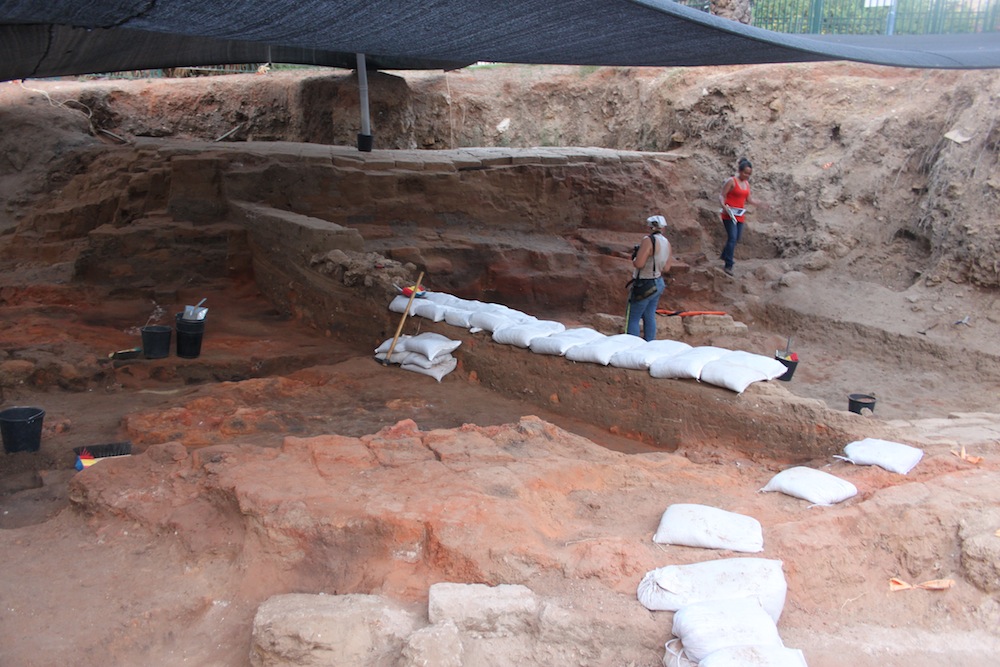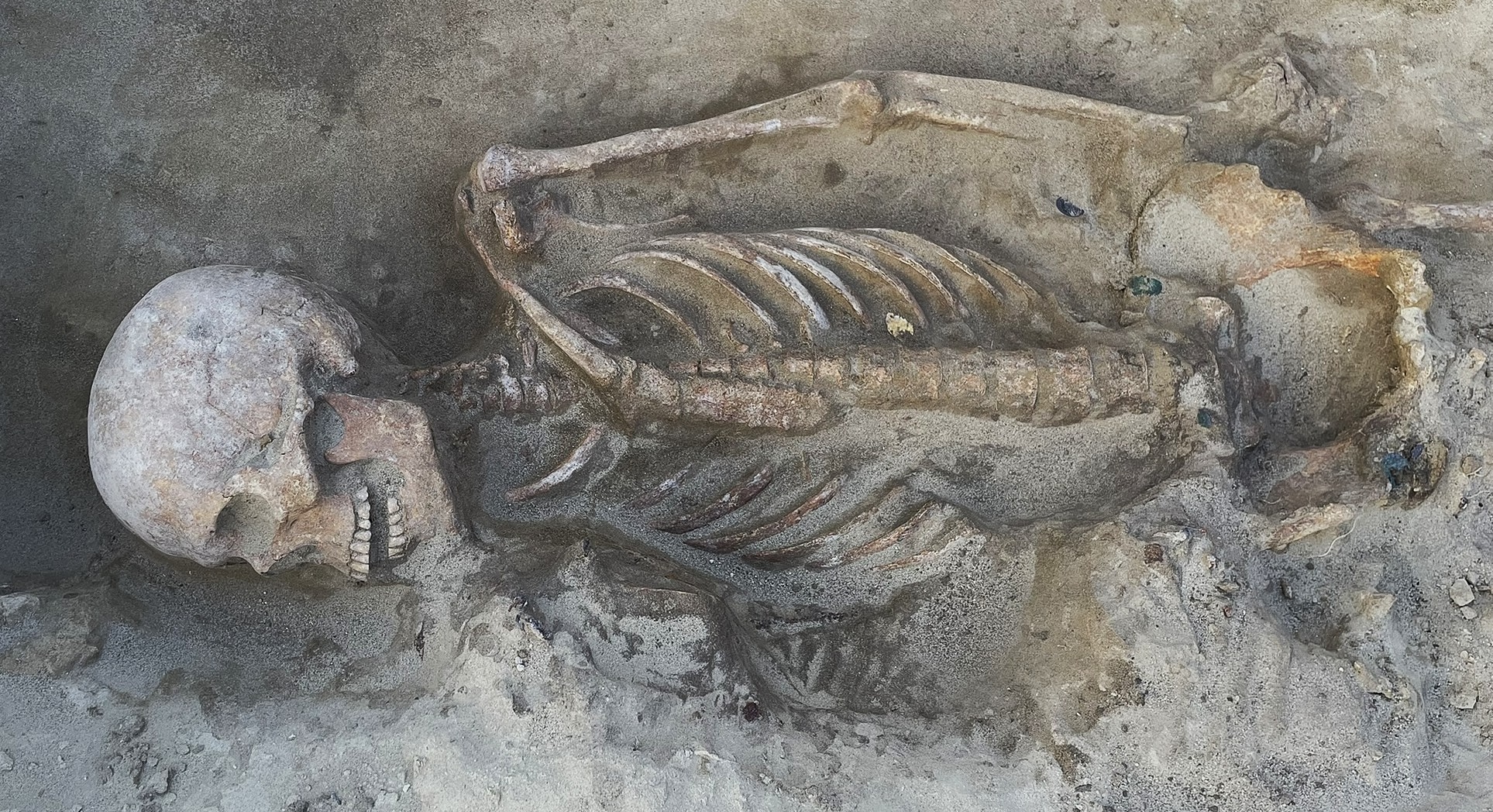Heavenly Egyptian Charm Found in Israeli City

A rare scarab amulet newly unearthed in Tel Aviv reveals the ancient Egyptian presence in this modern Israeli city.
Archaeologists excavating the ancient city of Jaffa, now part of Tel Aviv, have long uncovered evidence of Egyptian influence. Now, researchers have learned that a gateway belonging to an Egyptian fortification in Jaffa was destroyed and rebuilt at least four times. They have also found the scarab, which bears the cartouche of the Egyptian Pharaoh Amenhotep III, who ruled from 1390 to 1353 B.C. Scarabs were common charms in ancient Egypt, representing the journey of the sun across the sky and the cycle of life.
Jaffa was the site of major trading activity since the second millennium B.C. Excavations in the 1950s uncovered the Egyptian fortification, which dates back to the dynasty of Ramses II between 1279 and 1213 B.C. Mud brick architecture and household pottery also point to Egyptian influence, according to researchers from Johannes Gutenberg University in Germany and the University of California, Los Angeles, who have been conducting new explorations at the site.
Jaffa has long been a crossroads for international influence. The city is also the site of a rare marble slab from the era of the Crusades. The slab, which dates back 800 years, bears an inscription in unusual Arabic script referring to Holy Roman Emperor Frederick II. Frederick II led the Sixth Crusade in 1228 in an effort to conquer the Holy Land, and managed to gain the territory through diplomacy instead of violence.
Follow Stephanie Pappas on Twitter @sipappas or LiveScience @livescience. We're also on Facebook & Google+.
Get the world’s most fascinating discoveries delivered straight to your inbox.



